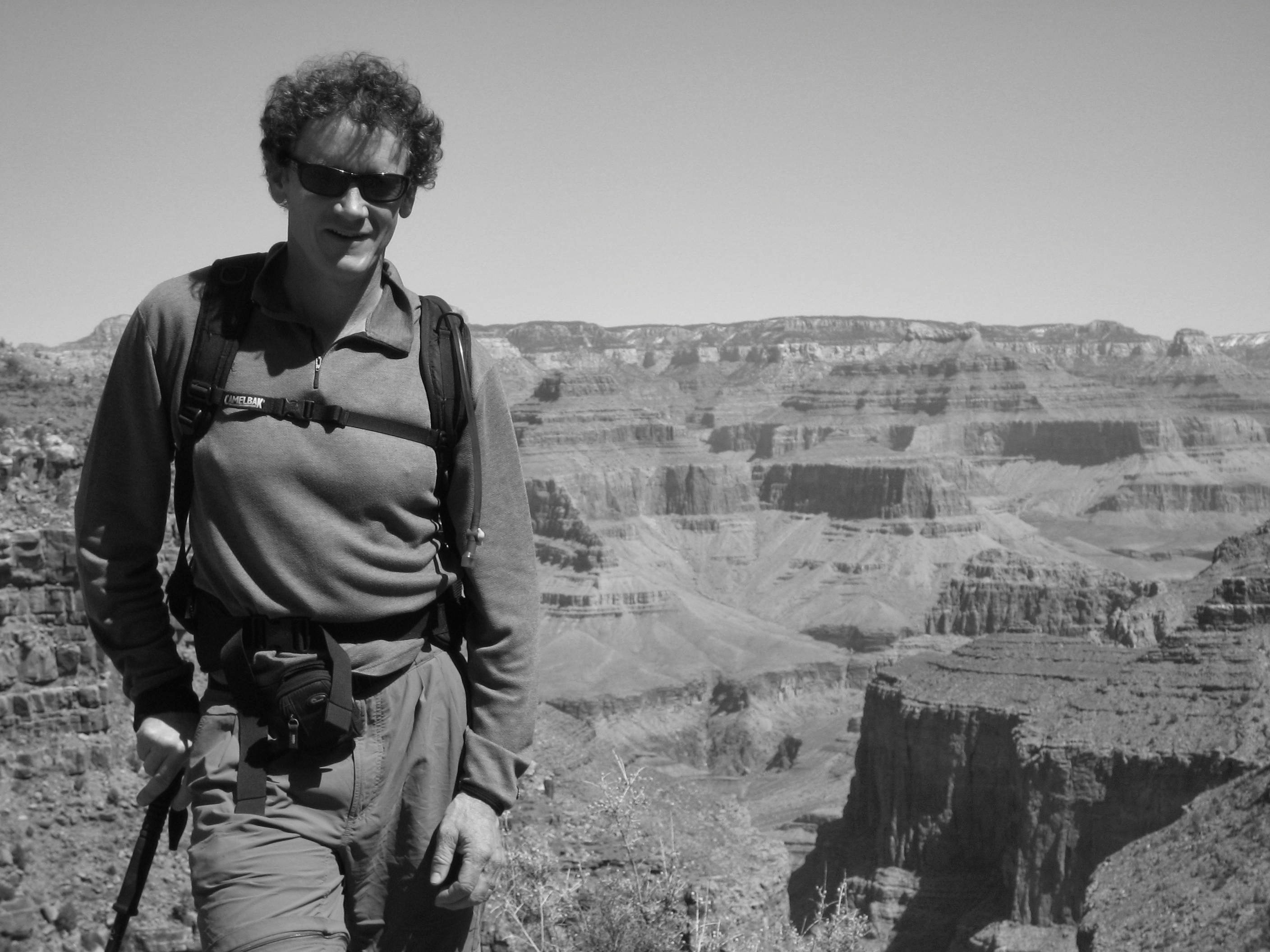How could a person email the travel agent to firm up plans for a European bike trip with his wife to mark their pending empty nest, send a “get excited!” text, and then within hours, feel such pain that the only perceived option was to shoot himself? Counter to some suicide literature, my beloved Olof did not clean the garage, organize his affairs, appear either more calm or more distressed than was typical, nor did he seem disengaged. He was still actively inserting himself in the tasks of daily life up until he ended that life. Our loving husband and father, our community’s accomplished surgeon and social activist, experienced the most rapid, unalterable, tragic change of mental state possible. In the years since his death, I’ve learned that the neurology of some human beings, particularly those with a history of clinical depression, can be vulnerable to a swift, dark descent into a dissociative state that can result in taking one’s life. It also turns out that it is very easy to act quickly and effectively on the distorted, lethal thinking. Olof’s credit card receipts showed that in the late afternoon on that fateful day, he drove to the local mall, bought a gun and was gone from my world within an hour.
One of the tragic ironies of our story is that Olof was a huge proponent of gun control legislation. Although he had experienced decades without depression symptoms, his commitment to gun control now makes me wonder if at some unconscious level he was protecting himself from a vulnerability of his neurology. The number of people who die by suicide using guns is staggering. It is also preventable. The irreversible death by one’s own hand in those who enter states of irrational, hopeless, dissociated despair associated with a wide range of mental illnesses could be prevented with sensible gun laws that prevent people from acting in the moment.
In the almost eight years since Olof died, I have had the privilege and the sorrow to comfort too many other widows who found themselves confused and full of dismay, wondering what they could have done to prevent their beloveds’ deaths. One thing we hold in common is a wish that the gun had not been so accessible. We also hold a belief that our people might still be here if our wish had been true.
The mechanism of Olof’s death has not stopped us from honoring his incredible accomplishments, most importantly the raising of our three remarkable daughters. While the memories of our joyful family life are sustaining, and we feel deeply grateful for what he gave us, there was just so much more joy to be shared.
